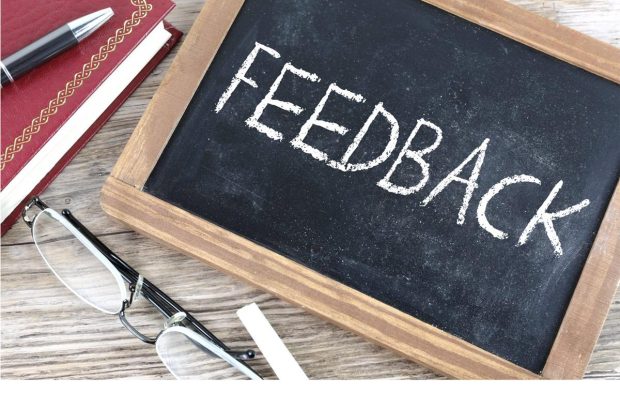I have a quick teaching tip for all of you who are instructing firearms or combatives classes.
Last week I wrote about a relationship workshop that a friend and I took together. About half of the class consisted of drills where we students were paired up with each other as partners to practice the skills that our instructors were teaching. We were working with a very intense subject matter trying to increase physical attraction, intimacy, presence, and feelings of deep love with people we had never met.
The drills involved very deep eye contact, synchronized breathing, maintaining loving connection no matter what the partner was saying or doing, and intimate physical touch. The drills placed all of us in an endless succession of very vulnerable positions. Some of the drills we did brought me into a deeper romantic connection with my female partners (whom I had never met) than I have felt in some of my real-life long term romantic relationships.
The vulnerability happened because the instructors pushed the class hard enough that we were all destined to repeatedly have moments of abject failure in these drills. It’s really embarrassing to fail at a romantic skill in front of very attractive partners and 150 other students in the class. Failing at romance took many of us back to awkward teenage dating experiences or caused us to re-live former relationship difficulties. Despite our failures, we were expected to take our partners’ feedback, get back on track, and try again and again until we improved or succeeded.
It struck me that the state of vulnerability we experienced coupled with a high likelihood of repeated failures is not unlike how many of our students feel in our beginning firearms or combatives classes.
The workshop facilitators provided us a very specific way of giving our partners constructive feedback without emotionally wrecking them. The methodology was both insanely simple and brilliantly effective.
I’ve written in the past about framing feedback in a positive rather than negative manner. Most good instructors already know our corrections will be more effective if we tell the student what we want them to do rather than telling them to stop doing an undesirable behavior. As a simple example, we might say something like “press the trigger more smoothly” rather than saying something like “don’t jerk the trigger.”
The methodology our instructors shared with us took this same idea to the next level.
The magic phrase they presented was: “I’d love to see you…”
In the context of shooting drills we might say something like:
“I’d love to see you grip the gun more firmly.”
“I’d love to see you straighten your elbows a little bit more.”
“I’d love to see a more aggressive stance.”
“I’d love to see you keep your trigger finger high on the slide when you aren’t actually shooting.”
Please note that the subject matter in the workshop I attended was all about building intimacy. There was lots of “love” talk. As professional instructors, feel free to substitute the word “like” for “love” if that makes you more comfortable.
I worked with the phrase all weekend. It was a very good way to offer corrections or improvements without seeming overly critical.
I did find that occasionally my partners might need a bit more clarification. I sometimes added a non-judgemental declarative statement before I broke out the “I’d love to see you” magic words. Sometimes the instruction was better received if they understood why I was telling them to do something. Going back to the firearms training world we might say something like:
“You are leaning backwards and that makes you more likely to fall. I’d love to see you take a more aggressive stance.”
“Your pistol seems to have a lot of muzzle flip when you shoot. I’d love to see you grip it a little harder.”
You get the idea.
I worked with this magic phrase all weekend and my corrections were well received by my partners. When I screwed up and my partners used the phrase when offering suggestions for improvement, I didn’t feel attacked or belittled. A couple of weeks ago, I was teaching a friend’s teenage son how to deadlift in the gym. I used the same phrase with him and he internalized my instruction very well without feeling criticized.
I haven’t taught a gun class since I learned this cool little phrase, but I will be trying it in that context when I get back to teaching in June.
Give it a try and report back with your findings. I think it will make you a better instructor.

